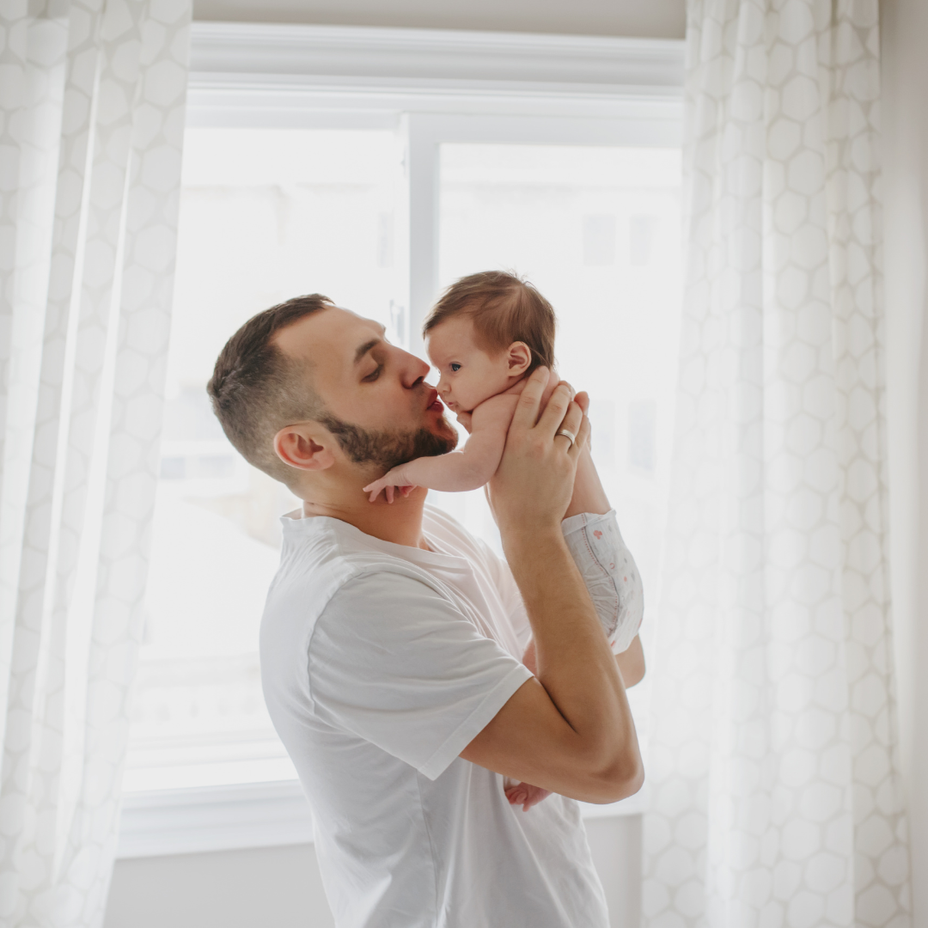Understanding CRPS: The Impact on Male Sufferers Who Are Fathers and Husbands
Complex Regional Pain Syndrome (CRPS) is a chronic pain condition that is often misunderstood and under researched. While it predominantly affects women, its impact on men, especially those who are fathers and husbands, presents unique challenges that deserve attention. This blog delves into how CRPS affects male sufferers differently, focusing on their roles within the family and society.
Introduction to CRPS
Before discussing gender-specific impacts, it's crucial to establish a baseline understanding of CRPS. Characterized by severe, persistent pain, CRPS typically develops after an injury or surgery. The pain is disproportionate to the initial event and can be accompanied by swelling, changes in skin color and temperature, and mobility issues.
• Symptoms and Diagnosis
• Persistent, severe pain
• Swelling and stiffness in affected limbs
• Changes in skin temperature and color
• Sensitivity to touch or cold
• Difficulty moving the affected body part
Understanding these symptoms is the first step in recognizing how CRPS can impact daily life, particularly for men who may experience societal pressure to minimize their pain or discomfort.
CRPS in Men: The Overlooked Minority
Men with CRPS often face unique challenges due to societal expectations and their roles within the family. As fathers and husbands, they may struggle with the physical and emotional demands of their conditions in ways that are distinctly different from female sufferers.
Societal Perceptions and Masculinity
• Stigma: Men may feel a societal pressure to appear strong and resilient, making it difficult to seek help or express the extent of their pain.
• Underdiagnosis: Due to a tendency to underreport symptoms, men might receive a diagnosis much later, which can affect their treatment outcomes.
The Role of a Provider
Many men identify strongly with the role of a provider. CRPS can undermine this identity, leading to:
• Financial Stress: The inability to work can strain the family's financial stability, causing stress and guilt for the affected individual.
• Emotional Toll: Men may experience depression or anxiety due to their perceived inability to fulfill their roles, impacting family dynamics.
Impact on Fatherhood
Being a father with CRPS presents distinct challenges, affecting the quality of paternal engagement and altering family relationships.
Physical Limitations
Reduced Activity: Pain and mobility issues can limit fathers' ability to engage in physical play or attend significant events, affecting bonding with their children.
Dependency: Fathers may struggle with the need to rely on their family for help with tasks they previously managed independently.
Emotional Connections
• Communication: Fathers with CRPS might find it difficult to express their pain and vulnerability, which can create emotional distance from their children.
• Role Modeling: There is a concern about what message their pain management strategies send to their children, particularly regarding health and coping mechanisms.
Comparing Male and Female Experiences
While both men and women with CRPS face significant challenges, the societal and familial expectations placed on men can lead to distinct experiences.
Research Insights
Prevalence: Studies show that while CRPS is more common in women, men may experience more severe forms of the condition.
• Treatment Responses: There is evidence suggesting that men and women may respond differently to certain treatments, highlighting the need for gender-specific research.
• Supporting Male CRPS Sufferers
• Recognizing the unique challenges faced by men with CRPS is crucial in providing effective support.
Medical and Psychological Support
Gender-Sensitive Care: Healthcare providers should be aware of the potential biases in treating male pain patients and offer support that acknowledges their specific needs.
Mental Health: Encouraging men to seek help for mental health struggles associated with CRPS can improve their quality of life and family relationships.
Community and Family Support
• Awareness: Educating family members about the specific challenges faced by fathers and husbands can foster a more supportive environment.
• Support Groups: Connecting with other men who have CRPS can provide valuable insights and reduce feelings of isolation.
While CRPS is a debilitating condition for anyone, understanding the gender-specific impacts on men, particularly those who are fathers and husbands, is essential for providing comprehensive care and support. By acknowledging the unique challenges these men face and promoting research into gender-specific experiences, we can improve the quality of life for all CRPS sufferers.
#bnightscrps #cpsawareness #crpslife #ChronicPain #painwarrior #sfd #chronicpainawareness #chronicpainquotes #chronicpainsupport #ChronicIllness #chronicallyill #chronicillnessmemes #chronicillnessawareness #chronicillnesssupport #chronicillnessquotes #ChronicIllnesses #burningnights #burn #burningnightscharity

